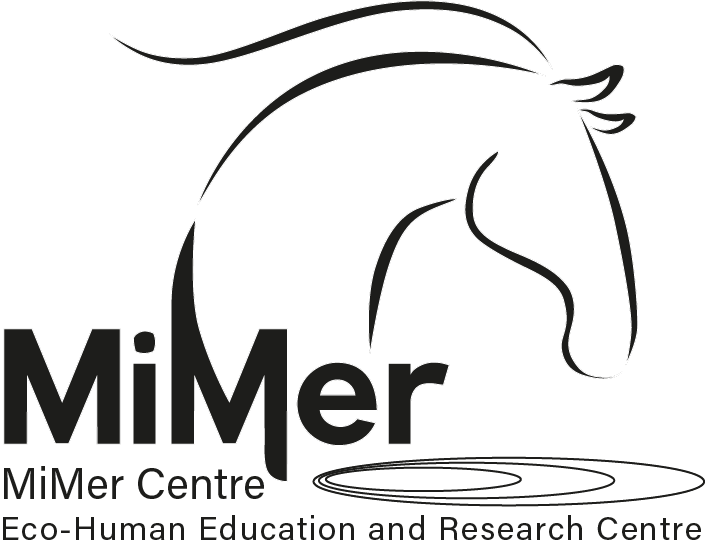To anthropomorphize – is the human ability to experience sentience and agency in another being (or object). It is the ability to sense another “self” in the one she meets. If she loses that ability, she gets disconnected from her own context, her own environment (including anyone being or object within it). Then everyone becomes objects – and the possibility to intersubjectivity (meetings between subjects/individuals) disappears. The ability to have shared experiences disappear. When this happens, you lose your personhood, and you are not able to grant personhood to someone else, regardless of if this being is a human, a horse, a computer.
To be able to anthropomorphize is to have the ability to put yourself in someone else’s shoes. It is the ability to understand that they have another perspective, come from somewhere else, share the same world as you do, on a physical level, but lives in another world, their world, their umwelt. No matter if it is a human, a horse (and yes, or a computer).
Regarding the computer, we know and intellectually understand that a computer IS an object, but it does not stop us from many times treating it as if it is an agent, with its own will. We have a relationship with our computer (many of us), we get angry at it, impatient with it, frustrated with it – or happy with it – but for now – I will leave our human relationships with computers outside of this post).




